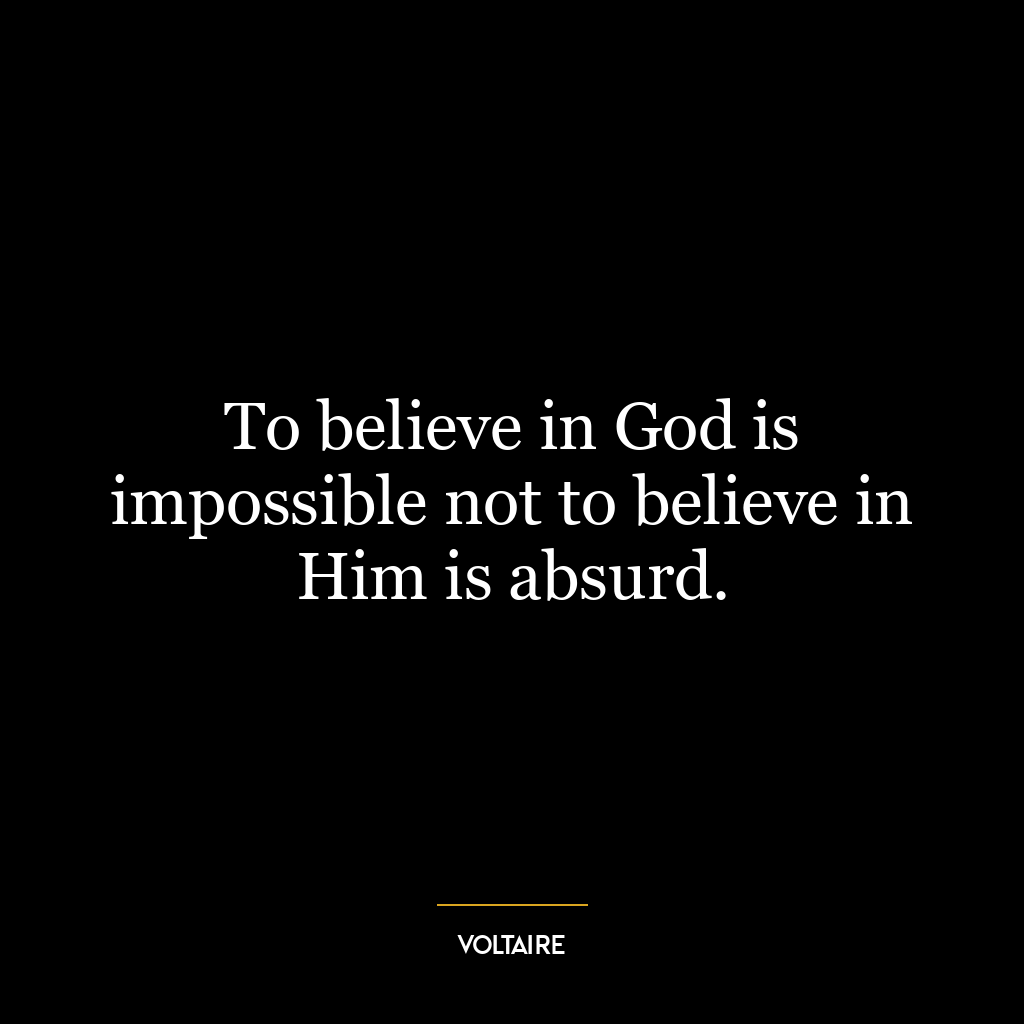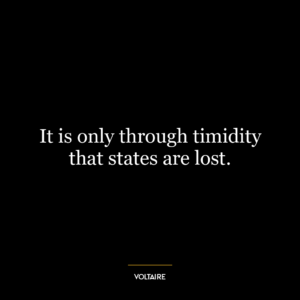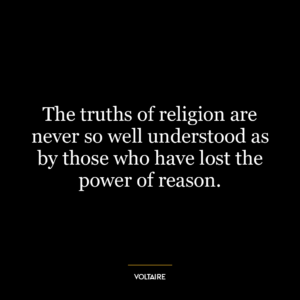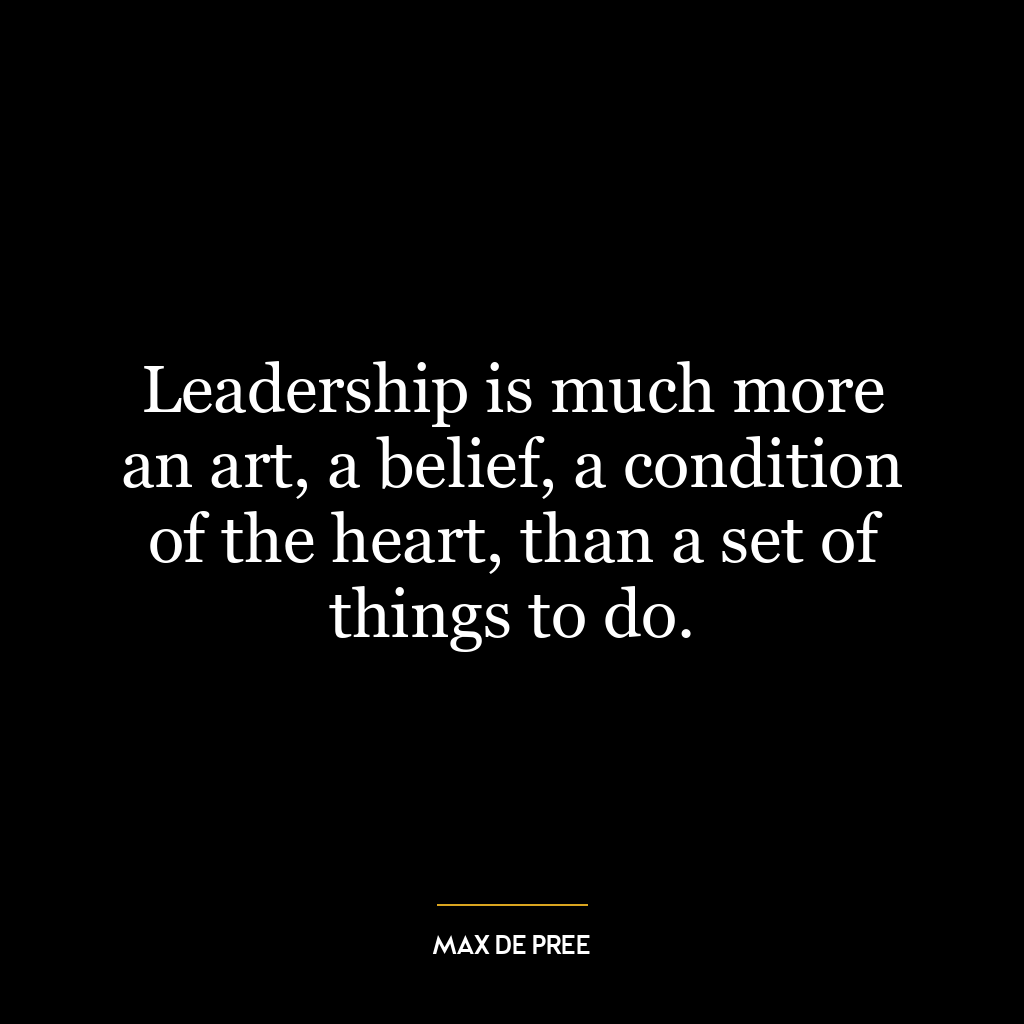To believe in God is impossible not to believe in Him is absurd.
This quote is a paradoxical statement that captures the complex nature of belief in God. On one hand, it suggests that believing in God is an impossibility, perhaps due to the lack of empirical evidence or the presence of suffering and injustice. On the other hand, it asserts that not believing in God is absurd, possibly because of the intricacies and wonders of the universe that suggest a higher power’s existence.
The quote encapsulates the struggle between faith and doubt, belief and skepticism. It’s a reflection of the human tendency to seek meaning and purpose, and the challenge of reconciling this with the harsh realities of life and the limitations of human understanding.
In today’s world, this idea is highly relevant as society becomes more secular and traditional religious beliefs are increasingly questioned. Yet, even in the face of scientific advancements and philosophical skepticism, many people still find solace, purpose, and morality in their belief in God. The quote suggests that this tension between belief and disbelief is not just a personal struggle, but a fundamental part of the human condition.
In terms of personal development, this quote can be seen as an encouragement to engage with these big existential questions, rather than avoiding them. It suggests that wrestling with the paradox of belief can lead to greater self-awareness, empathy for others’ beliefs, and a deeper understanding of one’s own values and principles. Whether one ultimately chooses faith, skepticism, or something in between, the process of grappling with these questions can foster intellectual growth and emotional maturity.














